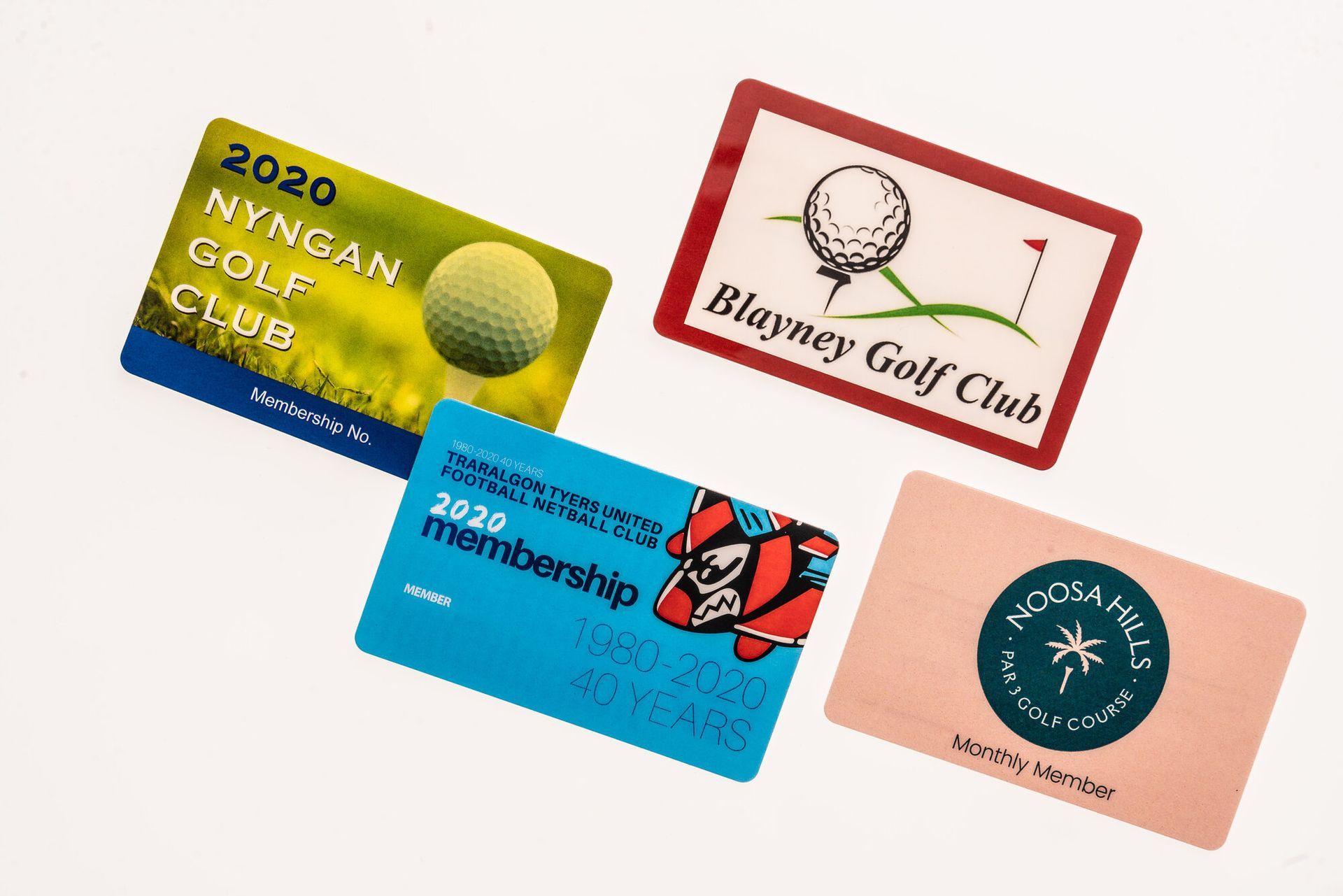Where have all the workers gone?
COVID has decimated the workforce of hospitality, tourism and travel industries

COVID has decimated the workforce of hospitality, tourism and travel industries like nothing before in most of our lifetimes. Add the perfect storm conditions of -
X no foreign travellers filling casual roles
X reduced foreign students on our shores needing part time work
X shutdowns driving workers to more ‘stable’ industries
X COVID infections now rampant and closing businesses through lack of healthy staff
And you have the recipe for disaster! Don’t get me wrong, Health Care and Social Workers are in the same if not greater crisis at the moment, but our industries (referred to as Accommodation and Food Services in the ABS table above) are the second worst off in terms of available workers.
Add to this that our industries have experienced the highest proportion of businesses reporting vacancies in November 2021 – 30.9 percent, and you know that as a sector, we are really struggling!
Total employees in the sector were at 928,800 at peak in February 2020, just before COVID hit and dropped by almost a third (32,7 percent) to 652,000 in May 2020, when most of the country was in lockdown one. As at November 2021, the number had recovered to 852,700 but this is still 8.1 percent below the peak.
I advocate that businesses should review their workforce each year and for many businesses, not located in tourist hubs, January is a good quiet month to take stock. If you are in a tourist hub and therefore experiencing your peak season, or if you take the opportunity to go on leave in January because you are quiet, then February, when schools are back and trade is still slow, with people paying off holiday debt, is the next best option.
Optimising staff
As we have discussed a few times in the past twelve months, COVID has disrupted our businesses like never before. So, we should utilise the opportunity to rigorously review our operations and our workforce, especially as the artificial shortage is creating problems for our businesses to have enough staff to open the doors.
What sort of checklist would you use to review staffing? Here are a few tips:
X When are our peak trading hours?
X How many staff do we really need per shift?
X What is the mix of permanent, part time and casual staff available?
X What are the current skills of our staff and are they all cross trained?
X What training can we provide to upskill our staff to improve their versatility and efficiency?
X How effective is our rostering in keeping a lid on wages?
X When did you last sit down with your staff and review their roles and career path options?
X How engaged and committed to our organisation and community are our staff?
X What can we do to improve their engagement and commitment?
You also need to address any changes in your clients’ needs as a result of the revised trading conditions brought about by the pandemic. Do they still want all the products and services you used to provide, or have somethings fallen by the wayside?
Many food outlets have moved to reduced menu options as a result of reduced trade, to minimise wastage, so has this had any impact on how you make and deliver the food? Do you need as many kitchen hands due to lower prep requirements? Can they be re-allocated to front of house in lieu of kitchen hours?
Alternately review how you deliver your food – is it run to the tables by wait staff or do you provide buzzers for the client to collect their own food at the pass or front counter? Is this an area where you might restructure to reduce the labour load or reallocate staff to another area of the business?
Whilst rostering is one of the least favourite jobs to do in any establishment, getting the planning of rosters right can dramatically reduce the payroll, especially by eliminating overtime, when poor rostering results in excess hours for some of the staff.
Replacing Staff
Many venues have lost staff over the past twelve months, particularly those with additional skills or qualifications in areas not related to hospitality. With the uncertainty of when the next lockdown might shut their venue indefinitely, many workers have voted with their feet and changed industries, to ones less at risk of sudden shut downs, exacerbating the existing staff shortage in our industry.
This is eminently understandable, as everyone has bills to pay and mouths to feed, regardless of a COVID driven lockdown. Right now, anyone with any level of skill in hospitality, let’s face it, anyone with a pulse can get a job in hospitality, we are so desperate for bodies to do the work. So the key here is how to provide effective induction training and get even non-hospitality staff up to some standard of efficiency, so we can continue to trade.
Just in the past few months, when attending a club, pub or restaurant, my critical eye picks out the ‘newbies’ who can’t do a simple three plate carry, or don’t know how to stack plates properly to clear a table efficiently, without dropping them as they walk through the kitchen door…
So when replacing staff, it is critically essential to have a proper induction program to bring these new workers up to speed. They need to have an experienced mentor work with them and a structured program of the skills they need to gain, to be as effective as possible in the shortest possible time. Often a basic trial period of a couple of hours will help identify those who have the natural skills to do hospitality well and those who are just hopeless and will be a burden to the business.
You need to establish a firm culture for your venue – the whole “this is how we do things here” approach, which should cover off -
X The physical skills – pouring drinks, carrying plates etc.
X The personal attitude and approach to customers
X The technology training – POS systems and gaming where appropriate
X The venue ‘Code of Conduct’ - as it impacts staff and customers alike
That way, you can inculcate the way you want things done to new, raw staff and can set down the parameters of change for more experienced staff who may want to do things differently. If you’re paying their wages, they need to operate your way and represent your business the way you prefer!
When will the shortage end?
If I had a crystal ball, I could answer that one for you. Without the additional workers that traveling foreigners and overseas students provide, we will struggle for a while yet. Even the old ability to bring in workers on Temporary Skills Shortage 482 or 457 Visas is still very much up in the air, from both the COVID and Government policy perspectives.
The announcement from the Minister for Immigration the Hon Alex Hawke (25 Nov 2021) has provided some hope “…the Government’s recent announcement that fully vaccinated eligible temporary and provisional visa holders may enter Australia without a travel exemption from 1 December 2021.”
Suggestions have been made in the media about bringing mature age workers out of retirement, which is a band aid not a panacea, but anything will help right now. Crash tackle school aged kids and get them on the path to a hospitality career at the front or back of house. Ensure anyone you do employ gets the best possible working conditions you can provide, gets the right pay, super and penalty rates and is made to feel an integral part of your business. These are all steps that will endear workers to you as an ‘employer of choice’ and help them stay in your employ and alleviate your worker shortage at least.
Many clubs with the right approach and the financial means to keep staff on board through the shutdowns, have fared quite well and have a reasonably full complement of staff. But even some of those have left since the re-opening, due to relocations or finishing their university studies and are now planning for their long term corporate future which means they have left the industry.
We have a great industry to work in, especially if you are a people person, or passionate about food, fun and entertainment, so take a good hard look at where you are today and how you can maximise the efficient deployment of the staff you have, how you can improve their efficiency and keep the doors open and profitable.
For more information contact Ron Browne at ron@extrapreneurservices.com.au or 0414 633 423










